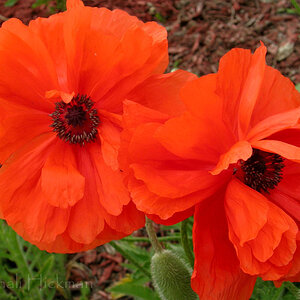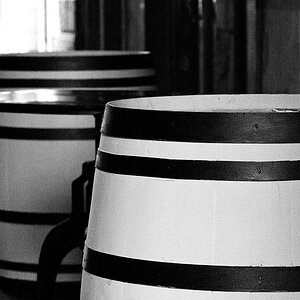vontoux
TPF Noob!
- Joined
- Dec 28, 2015
- Messages
- 4
- Reaction score
- 0
- Can others edit my Photos
- Photos OK to edit
Hi everyone, my name is Vontoux and I'm 15 years old. I just start out in photography about a year ago and wanted to see if my skill level increase or not. I did my best to improve my shot as well, like watching tips, viewing pictures online, read photography magazine and lastly go out and take pictures. But, I feel like my picture is not that great and I'm about to entered a depression state. I want to learn how to take much better photos and constantly want to learning new things. Advice and suggestion are welcome, also please tell me about your journey in photography as well as tips. Thank you! 
Oh here some of the "BEST" picture I had taken so far (in my opinion) aho1807 Photos - 500px
Oh here some of the "BEST" picture I had taken so far (in my opinion) aho1807 Photos - 500px
Last edited:




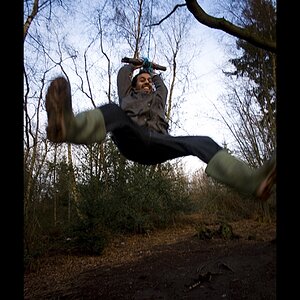
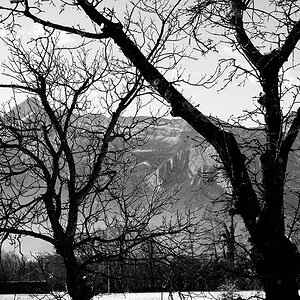
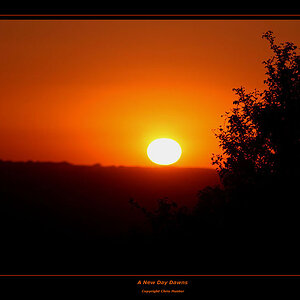

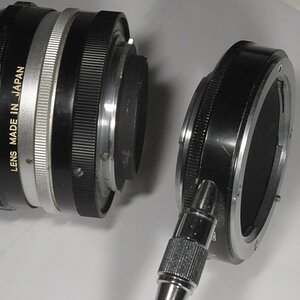

![[No title]](/data/xfmg/thumbnail/35/35586-d552a369f369a1796256b9df897a8d91.jpg?1619737061)
